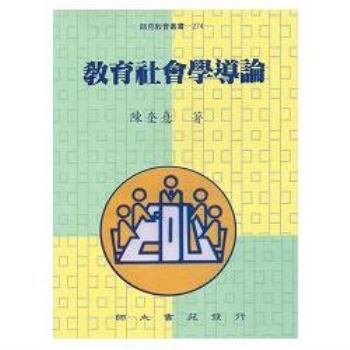In recent sociological approaches to the Old Testament, Christians have been finding unexpected resources for their ethical reflection and action relative to the modern world’s pressing social and economic dilemmas. This unique survey by Christopher Wright examines life in Old Testament Israel from an ethical perspective by considering how the economic facts of Israel’s social structure were related to the people’s religious beliefs. Observing the centrality of the family in the social, economic and religious spheres of Israelite life, Wright analyzes Israel’s theology of land, the rights and responsibilities of property owners, and the socioeconomic and legal status of dependent persons in ancient Israel - wives, children, and slaves - showing the mutual interaction between such laws, institutions, and customs and the nation’s covenant relationship with God. While primarily exegetical, God’s People in God’s Land contains many useful insights for Christian social ethics: Wright suggests how the ethical application of his findings might proceed as Christians with different theological perspectives and cultural contexts seek to work out the relevance of the Old Testament for today.
| FindBook |
有 1 項符合
God’s People in God’s Land: Family, Land and Property in the Old Testament的圖書 |
 |
God’s People in God’s Land: Family, Land and Property in the Old Testament 作者:Wright 出版社:Authentic 出版日期:2006-01-01 語言:英文 規格:平裝 / 308頁 / 22.58 x 15.37 x 0.91 cm / 普通級/ 初版 |
| 圖書館借閱 |
| 國家圖書館 | 全國圖書書目資訊網 | 國立公共資訊圖書館 | 電子書服務平台 | MetaCat 跨館整合查詢 |
| 臺北市立圖書館 | 新北市立圖書館 | 基隆市公共圖書館 | 桃園市立圖書館 | 新竹縣公共圖書館 |
| 苗栗縣立圖書館 | 臺中市立圖書館 | 彰化縣公共圖書館 | 南投縣文化局 | 雲林縣公共圖書館 |
| 嘉義縣圖書館 | 臺南市立圖書館 | 高雄市立圖書館 | 屏東縣公共圖書館 | 宜蘭縣公共圖書館 |
| 花蓮縣文化局 | 臺東縣文化處 |
|
|
圖書介紹 - 資料來源:博客來 評分:
圖書名稱:God’s People in God’s Land: Family, Land and Property in the Old Testament
|











